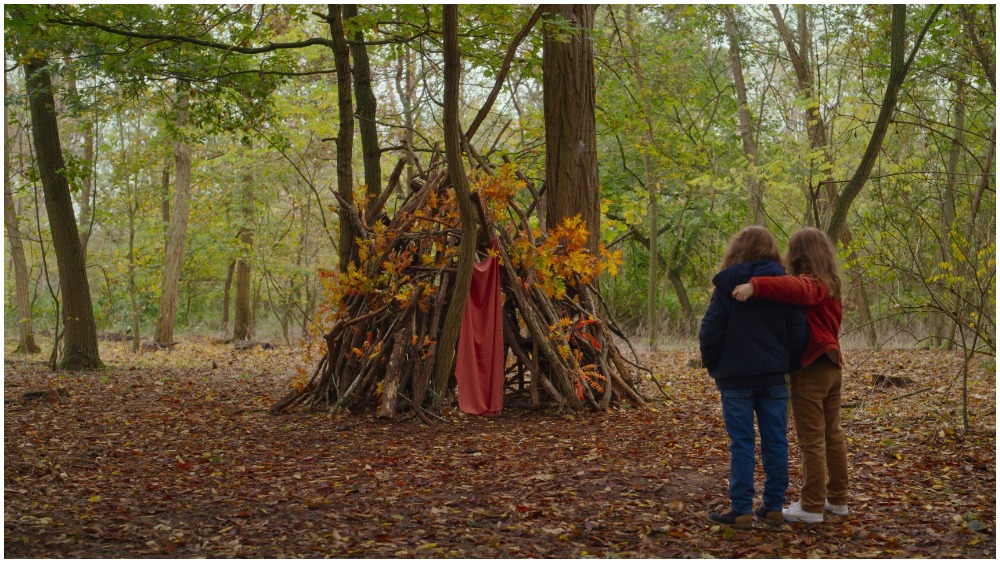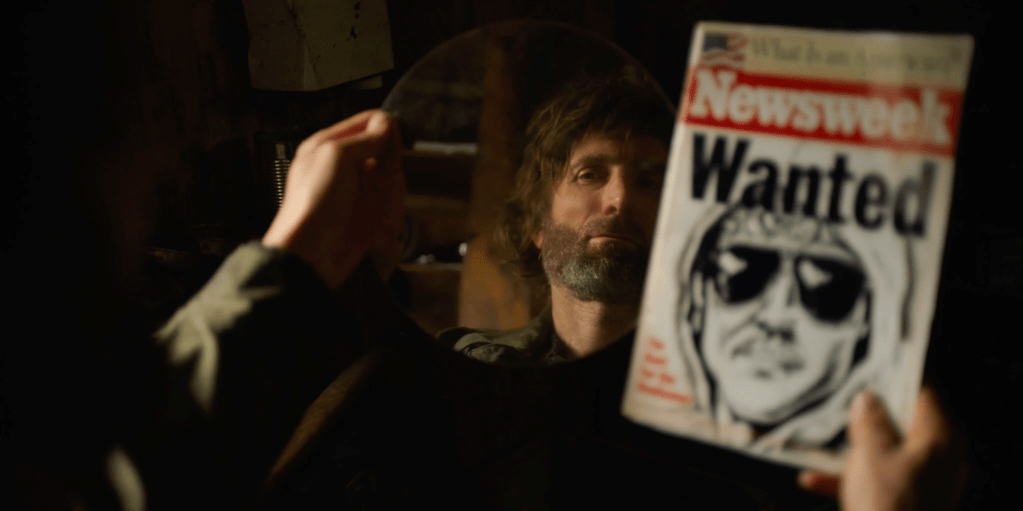Filmmaker Angelo Madsen Minax returns to his rural Michigan home town after the mysterious death of his two-year-old niece, Kalla. His sister Jesse, the girl’s mother, is a suspect, his brother-in-law David is arrested, Kalla’s cause of death inconclusive, and the family tragedy as a whole is just a lot to process when there are so many eggshells to tiptoe around.
Minax is himself a trans man with a fraught relationship with his Mormon family. As he intercuts present day footage with old home movies of his childhood, it’s easy to see how his sister might have struggled with such an unstable upbringing and addiction issues. Motherhood seemed to have grounded her for a time, but the death of her daughter and her own possible responsibility and/or culpability seems to have both unraveled her but also encouraged her reproduction, replacing one baby with the next before the last one’s out of diapers. Grappling with trauma and depression, Jesse all but refuses to discuss the matter, but slowly their mother starts to open up, but she’s not exactly a great source of comfort to either. In fact, Minax’s mother is quick to point out that she’s lost two girls – Kalla, and the little girl that Minax himself used to be. While Minax’s mother may be entitled to her grief, it’s clear his transition and queer identity are still the family’s biggest challenge – even the murder of one family member at the hands of another is more easily overlooked.
North By Current is a testament of grief, tinted by faith, family, history, and isolation. Spanning topics including depression, domestic violence, motherhood and transgender masculinity, I’m not sure to what extent any true healing or catharsis occurred, but I know Minax, at least, is headed in the right direction.










